The State of Resident Experience Report
Get a deep dive with expert insights into the state of resident experience for single-family property management companies and how to set yours apart.
Get a deep dive with expert insights into the state of resident experience for single-family property management companies and how to set yours apart.
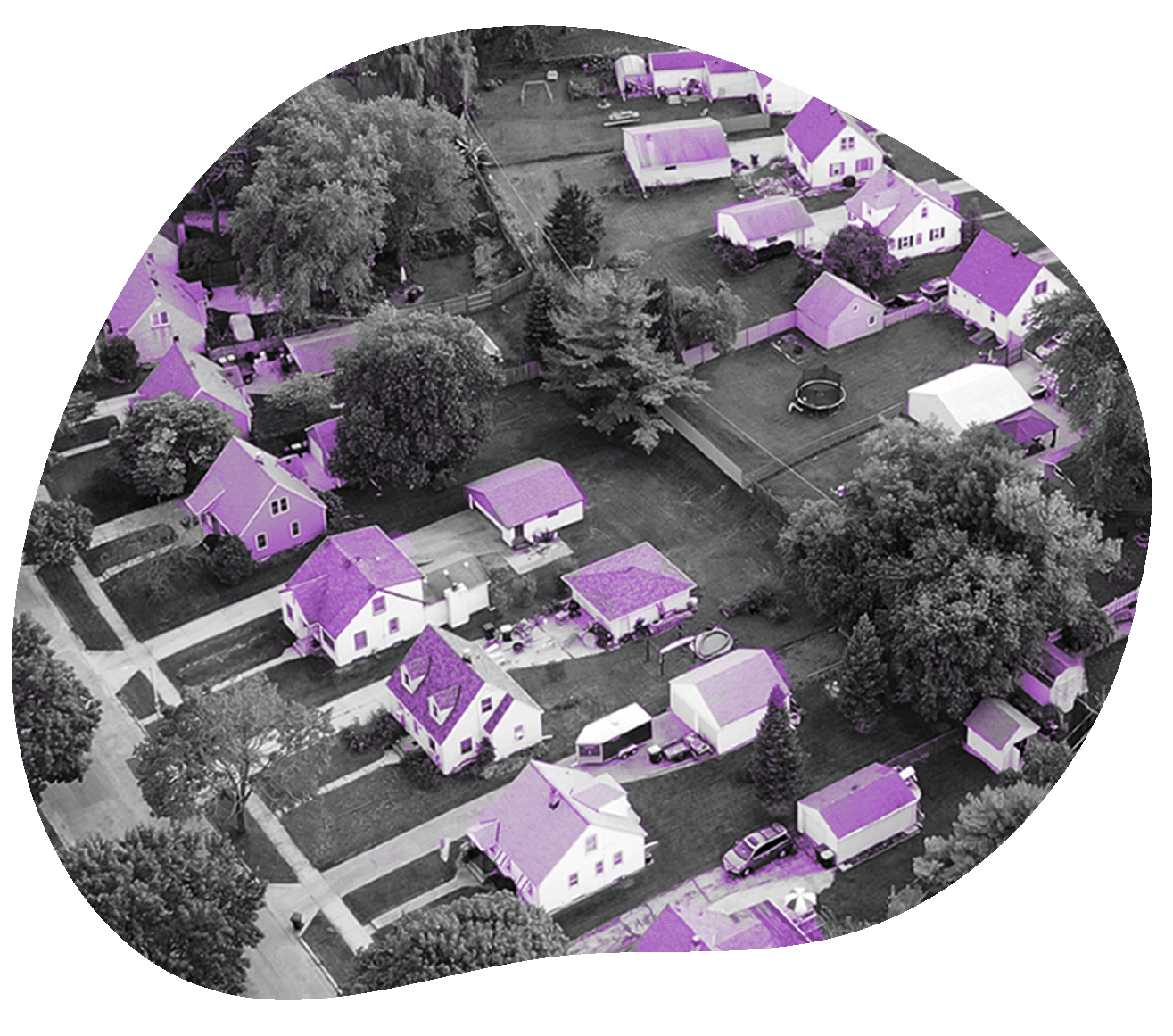
Ask any property manager, and they’ll tell you: property management has changed. In 2024, differentiating your property management business requires a proactive, predictive approach focusing on the residents themselves. It’s no longer enough to check rent and maintenance off the list.
Instead, property managers are building retention by creating experiences that residents want.
The “convenience” or “experience” economy is as real in real estate as anywhere else.
Residents in both single-family and multifamily communities are looking for what “totally taken care of” feels like. The current and future reality that property managers are building is one where the resident experience is so good that residents don’t want to leave.
In this report, we’ve culled weeks of research, interviews, and studies and packed them together for you – the professional property manager.
Many thanks to the experts featured here who generously brought ground truth and relevance to this report. We hope it’s helpful to YOU – and we would love for you to join the conversation and hear your thoughts. Share with us in our Triple Win Property Manager community.
Key Learning Objectives
In contrast to the “old way” oriented around properties, the next few decades of SFR property management will be customer-oriented. Whoever creates the best resident experiences will create the most economic value as the service side of property management becomes commoditized.
Property managers have begun to ask: “How do I create an experience so good residents never want to leave?”
According to Chenoa Stark, Property Manager at American Leasing and Management, “The better experience we can make with the tenants, the more they choose us over competitors. Think about Starbucks. It’s essentially the same cup of coffee as McDonald’s. But it’s the experience that Starbucks gives you. We want to provide the experience that residents gravitate to.”
At Second Nature, we call this the concept of the Triple Win. The triple win is a strategic function that maximizes customer lifetime value. The shift in consumer behavior and expectations has driven this new approach to PM strategy, where professional property managers drive triple-win outcomes and experiences at every touchpoint.
In contrast to the “old way” oriented around properties, the next few decades of SFR property management will be customer-oriented. Whoever creates the best resident experiences will create the most economic value as the service side of property management becomes commoditized.
Property managers have begun to ask: “How do I create an experience so good residents never want to leave?”
According to Chenoa Stark, Property Manager at American Leasing and Management, “The better experience we can make with the tenants, the more they choose us over competitors. Think about Starbucks. It’s essentially the same cup of coffee as McDonald’s. But it’s the experience that Starbucks gives you. We want to provide the experience that residents gravitate to.”
At Second Nature, we call this the concept of the Triple Win. The triple win is a strategic function that maximizes customer lifetime value. The shift in consumer behavior and expectations has driven this new approach to PM strategy, where professional property managers drive triple-win outcomes and experiences at every touchpoint.
For property managers, convenience isn’t a luxury; it’s a strategy. When residents feel totally taken care of, they don’t want to leave. And when residents stay, pay, and cooperate, investors want to keep investing. Ultimately, this makes property management more valuable.
“The average age of our resident and investor base is younger. Because of that, we’re seeing a huge culture shift in the housing space,” says Phil Vera, CEO of Paragon PM.
Digital transformation and changing demographics have forever altered resident expectations. Again, a desire for better experiences and amenities drives 13-22% of residents to look for a new property.
Residents don't thank you when the water heater is working, when the air conditioner runs all summer long, or when you communicate with them swiftly. They expect it. And now, many residents are willing to pay a premium for ease, convenience, and a more hospitable experience.
According to Eric Wetherington, VP of Strategic Initiatives at PURE Property Management: “The younger generations we’re dealing with in property management, they want convenience, they want experiences, and they want things to be simple. And they’re willing to pay to have things taken care of for them.”
“No matter what our residents are paying each month, the #1 thing they look for is ease and convenience. They don’t want complicated instructions; they want simple, right now, contact-free. Everything we do – from showings to move-in to the experience after move-in – is all designed for that expectation,” says DD Lee, Director of Institutional Client Relations at PURE Property Management.
Property managers today are focused on driving lifetime value instead of transactional value. They’re looking for ways to generate wins for the resident, investors, and their own companies – the Triple Win. Whoever creates the best resident experiences will create the most economic value across the board.
The key is to ask:
How do we create experiences so good that…
Many property managers have correctly said, “We're in the service business.” However, looking at where the most economic value will be created, today's industry leaders are shifting to “We're in the experience business.” They see different opportunities for themselves and their team members, leading them to different choices that yield different results. The result? They will find themselves in differentiated businesses.
“Property managers who are on the cutting edge realize that by focusing on the resident experience, they will earn better returns on investment for their investor clients,” says Gregg Cohen, Co-founder of JWB Real Estate Companies.
Property managers are building holistic experiences – from application to move-out – that make residents feel totally taken care of.
As property managers drive fresh experiences that residents will “pay and stay for,” we’re seeing a few different approaches rise to the forefront. Let’s look at the two extremes of the experience spectrum and the healthy debate in the industry on whether one, the other, or both will win.
Amazon is all about the mass market and scale. The goal for consumers is convenience, speed, and budget. You never talk to a person; everything just works. Of course, this approach is still laser-focused on what the customer wants: It just happens to be that the customer’s priority is ease, speed, and efficiency.
You can see the mindset in Amazon’s various brand slogans:
Target, Walmart, and Starbucks are other examples of customer-facing strategy that values ease, speed, and convenience.
Disney’s approach is much more high-touch, human, and engaging. They are focused on creating the “WOW” moment for their customers, one that feels unique and special. Just check out the three major Disney Park slogans:
Other examples of the “Disney Approach” include luxury brands and experiences like Saks, Four Seasons Hotels, etc.
The approach that a property management business chooses depends on its niche, its client base, and its goals. For most, it isn’t about a choice between “Amazon” or “Disney” – it’s about knowing when to apply each strategy.
Some property managers say, “Be Saks with the investors and Target with the residents.” But consider this advice from Jonathan Cook, “I do not believe every property manager can be the best solution for every client. Trying to do so will spread the business so thin that it will eventually overwhelm your team, or you will fail in your promises.”
Rather, Jordan Muela, CEO of LeadSimple, says PMs should be asking: “What are the selective areas where we can make one decision that solves many other decisions? Contrasting that against something ‘Imagineered’ or exciting feels like a false dichotomy. You’re solving for different things.”
Here are a few easy wins that deliver both the efficiency and the “Wow”:
A fully managed Resident Benefits Package is the most straightforward strategy to bring both “Amazon” convenience and “Disney” VIP together for your residents and investors. We’ll highlight the reasons why shortly.
We’ve talked to property managers around the U.S. and identified three key drivers of innovation in resident experience and resident engagement in 2022 and beyond. They are:
As in every industry, digital tools are transforming the resident experience through property technology. Residents are asking for more online solutions from their property management.
In fact, digital transformation is one of the key drivers for growth in property management going forward. The pandemic only accelerated the process. While proptech is growing, property managers are creating never-before-seen operational efficiencies that cut costs, reduce time spent on projects, and delight residents and investors.
Digital transformation in property management and resident experience includes:
According to Pete Neubig, Co-founder and CEO of VPM Solutions:
“People who are against automation say, ‘I don’t like automation because I lose that relationship with my clients.’ I would flip that and say: If I can automate eight of the ten tasks that need to be done, that means that I have eight tasks less that I have to do, which means I have more time to build the relationships. My personal opinion is that if you’re not doing virtual systems and automation, you’re a dinosaur, and you’re going to go extinct.”
In 2024, leading property managers are finding new ways to generate income in a changing industry by focusing on creating the best experiences. Professional property managers who are innovating in the space understand themselves not just as property managers but as asset managers. Asset managers are focused on generating greater value for their investors, not simply collecting dues or passively holding income.
According to Eric Wetherington, “As property managers, we need to think more like asset managers. This client made an investment, and we should be guiding that client through managing that investment, not just collecting rent.”
Managing the real estate asset includes developing streams for ancillary income. Ancillary income is any income, not including rent, that you derive from the properties you manage. It works by providing more value to the resident.
Here are a few examples of successful ancillary income strategies in the real world:
Todd Ortscheid, CEO of Revolution Rental Management, sums up how generating value is the best way to focus on ancillary income: “There are so many of these things – when you look through all of the different revenue-generating ideas – that are just good across the board for everybody. [The Triple Win] is where you should focus your efforts when you’re trying to bring in the most revenue and do the most good.”
The most effective way to bundle the value and monetize most efficiently? Our third innovation trend is the resident benefits package. Let’s dive into the RBP in our next section.
For professional property managers, a resident benefits package is the number one tool to articulate the value of the experience economy.
A resident benefits package (RBP) is a suite of services that property managers provide to their residents to create a first-class living experience. It’s the number one tool to deliver experiences that residents pay and stay for.
An RBP works whatever your approach is: boutique or scaled, Amazon, Disney, or both. Providing an RBP is one of the leading ways that the best property managers are setting themselves apart from the crowd.
“A resident benefits package – you hear people call it the easy button. That’s because it is essentially all of these different services and all of these different, valuable add-ons for your residents that are done for you,” says Kelli Segretto, Founder & Principal Consultant at K Segretto Consulting.
Second Nature pioneered the only fully managed resident benefits package on the market. The Second Nature RBP includes several services that residents have been proven to pay for and stay for.
Those services include highlights like:
What makes these features so effective for the resident experience? They solve real problems and create real convenience where residents say they need it. Let’s explore just why each of these highlighted features makes such a big impact on the Triple Win: resident happiness, investor satisfaction, and property management success.
One of the most common causes of HVAC maintenance requests is residents’ failure to change air filters on time. The innovative solution? Filter Delivery Service
Filter delivery solves pain points for both residents and investors in a few different ways:
The average cost of HVAC repairs has increased by 48.7% year over year. An air filter delivery subscription can cut costs up to $250-$300 per property per year.
Second Nature’s filter delivery service results in a 38% reduction in total HVAC ticket requests.
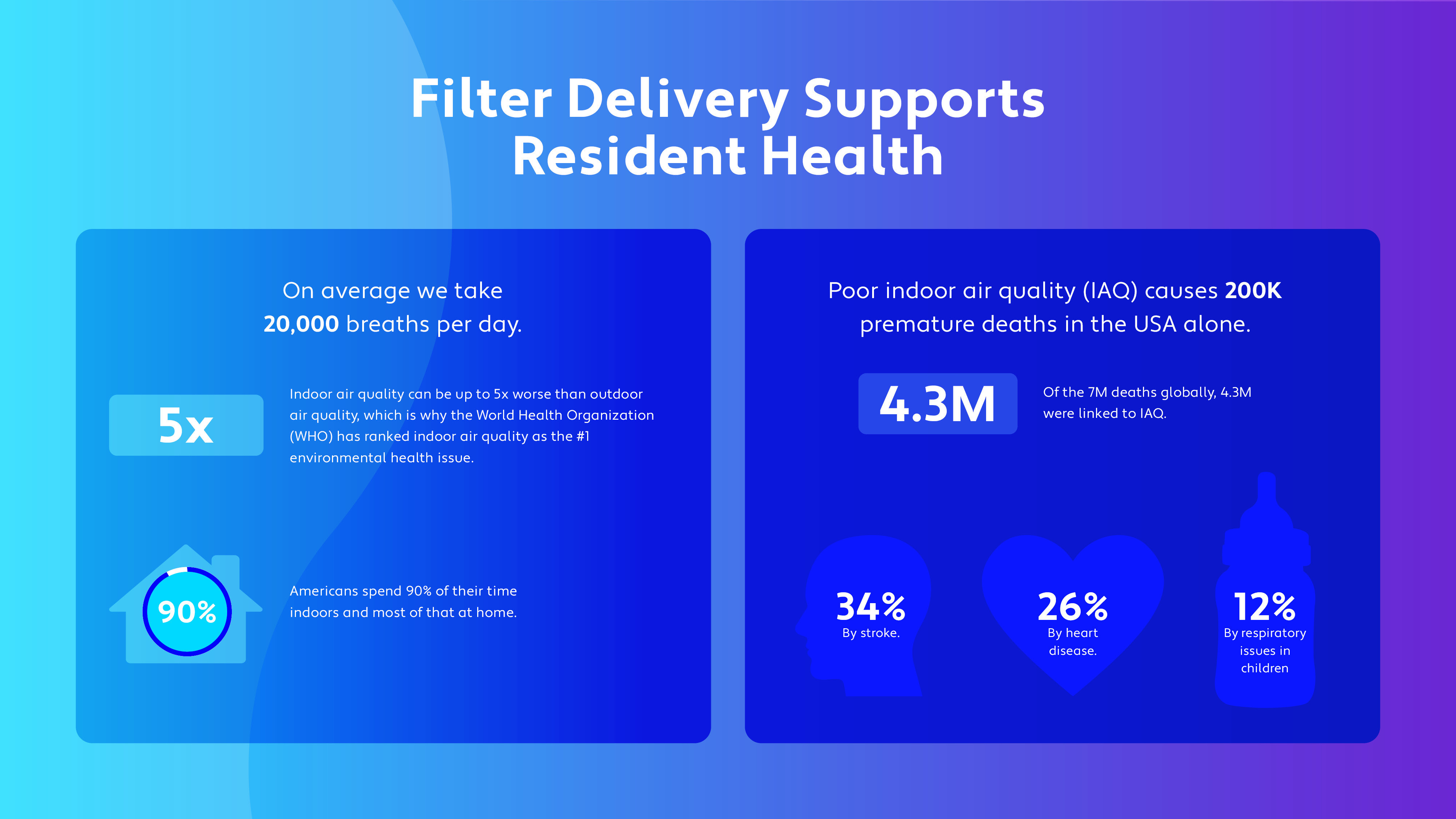
Filter delivery is saving residents $14.82 per month in energy costs.
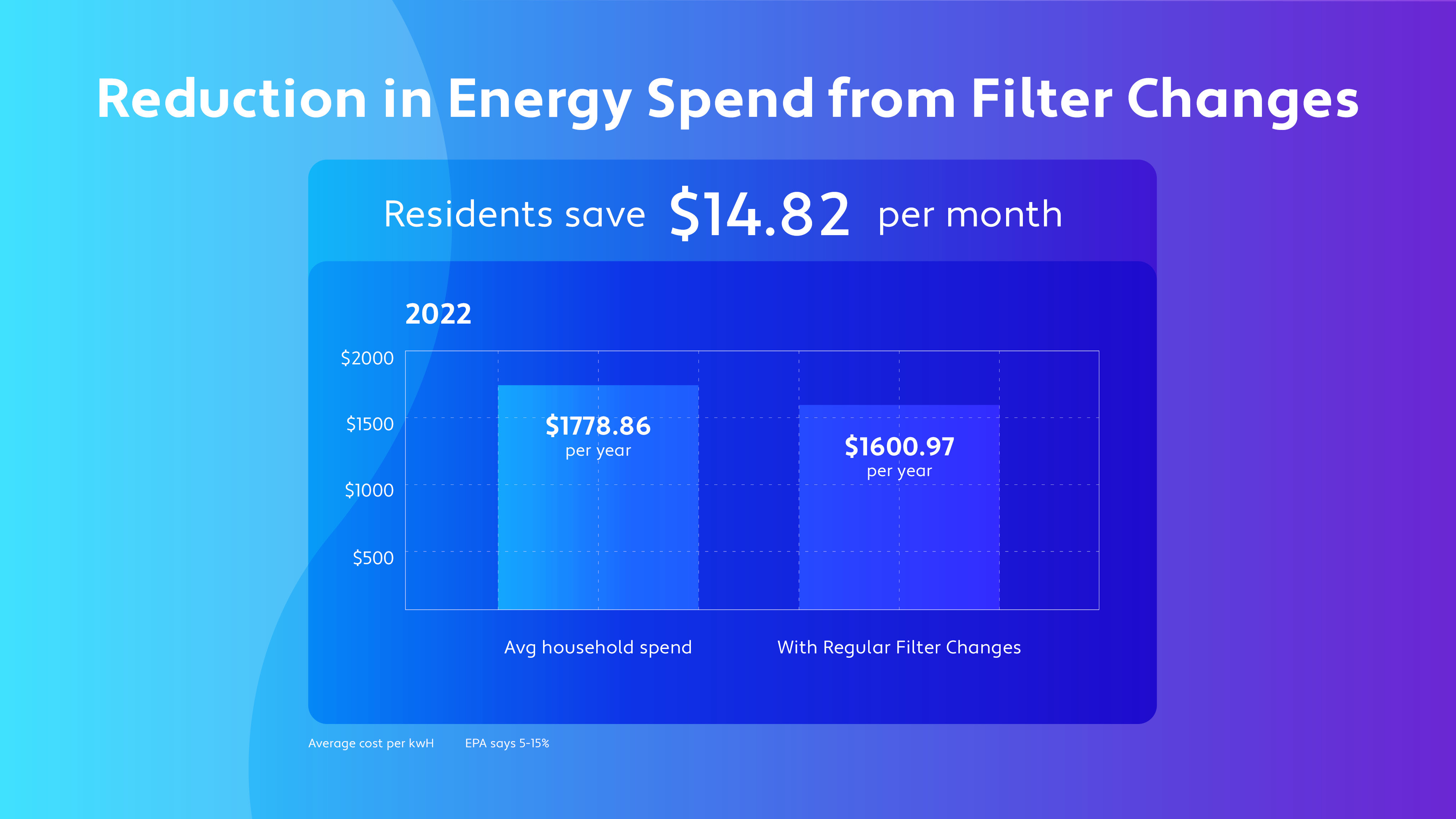
The World Health Organization has ranked indoor air quality as the #1 environmental health issue. Americans spend 90% of their time indoors and most of that at home – but indoor air quality can be up to 5X worse than outdoor air quality.

In 2021, digital theft surpassed home burglary incidents for the first time. With identity protection backed by AIG and monitored through IBM’s Watson, residents get automatic peace of mind. Protecting a resident’s finances and ability to pay rent is a win for the investor, too.
Consider these statistics:
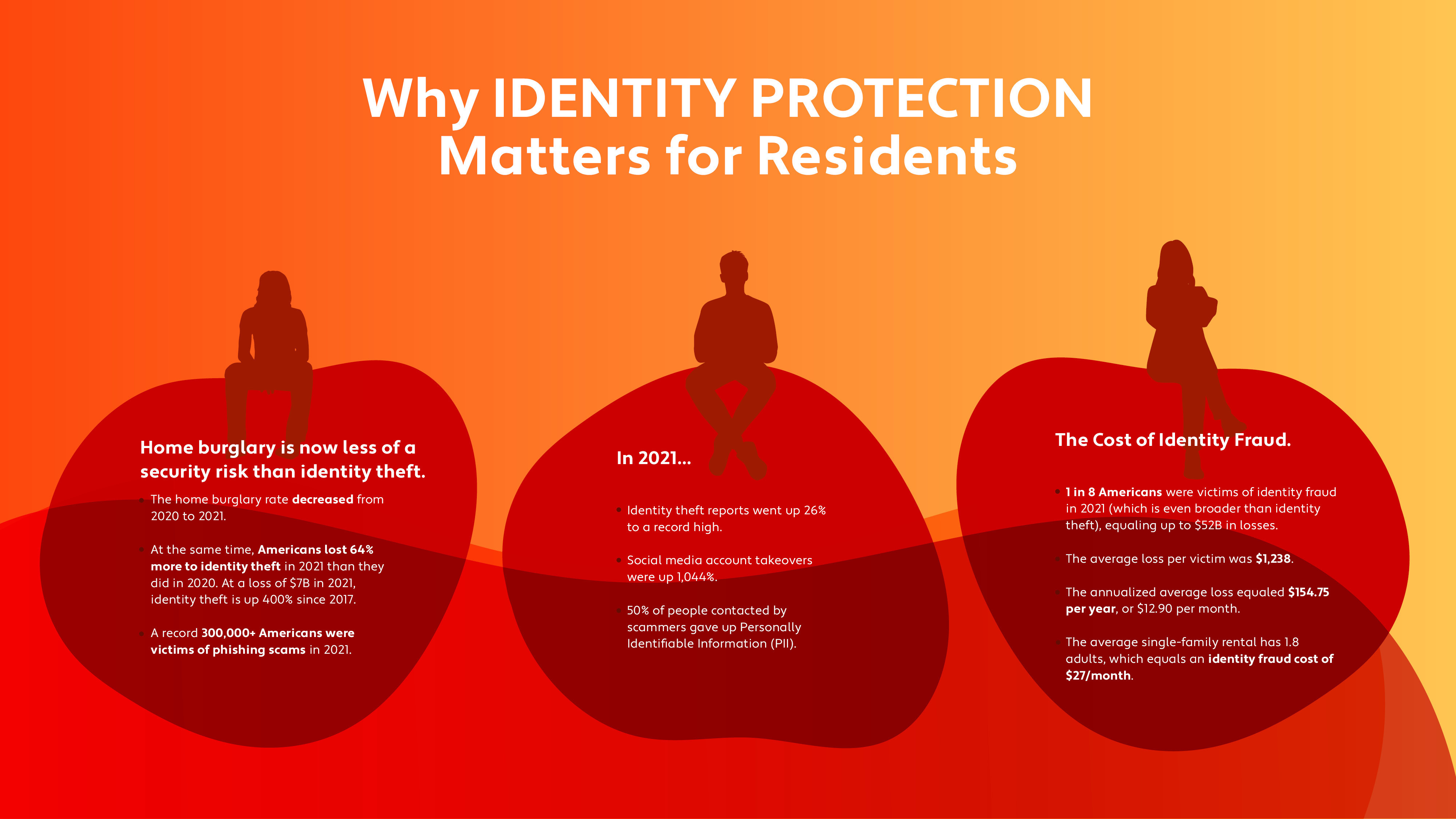
The digital economy is driving innovation in credit reporting. Consumers can build credit by paying for a digital subscription like Netflix – so why shouldn’t they get credit for paying their largest monthly expense? The RBP credit reporting program reports on-time rent payments to all three credit bureaus. Residents build credit and are incentivized to pay on time.
The chart shows the kind of impact that credit reporting can have on the total cost of major payments like a mortgage, car loan, and credit card. You can see the original values on the left and the new values for a resident whose on-time payments are being reported to credit bureaus. The outcome is significant savings for residents.
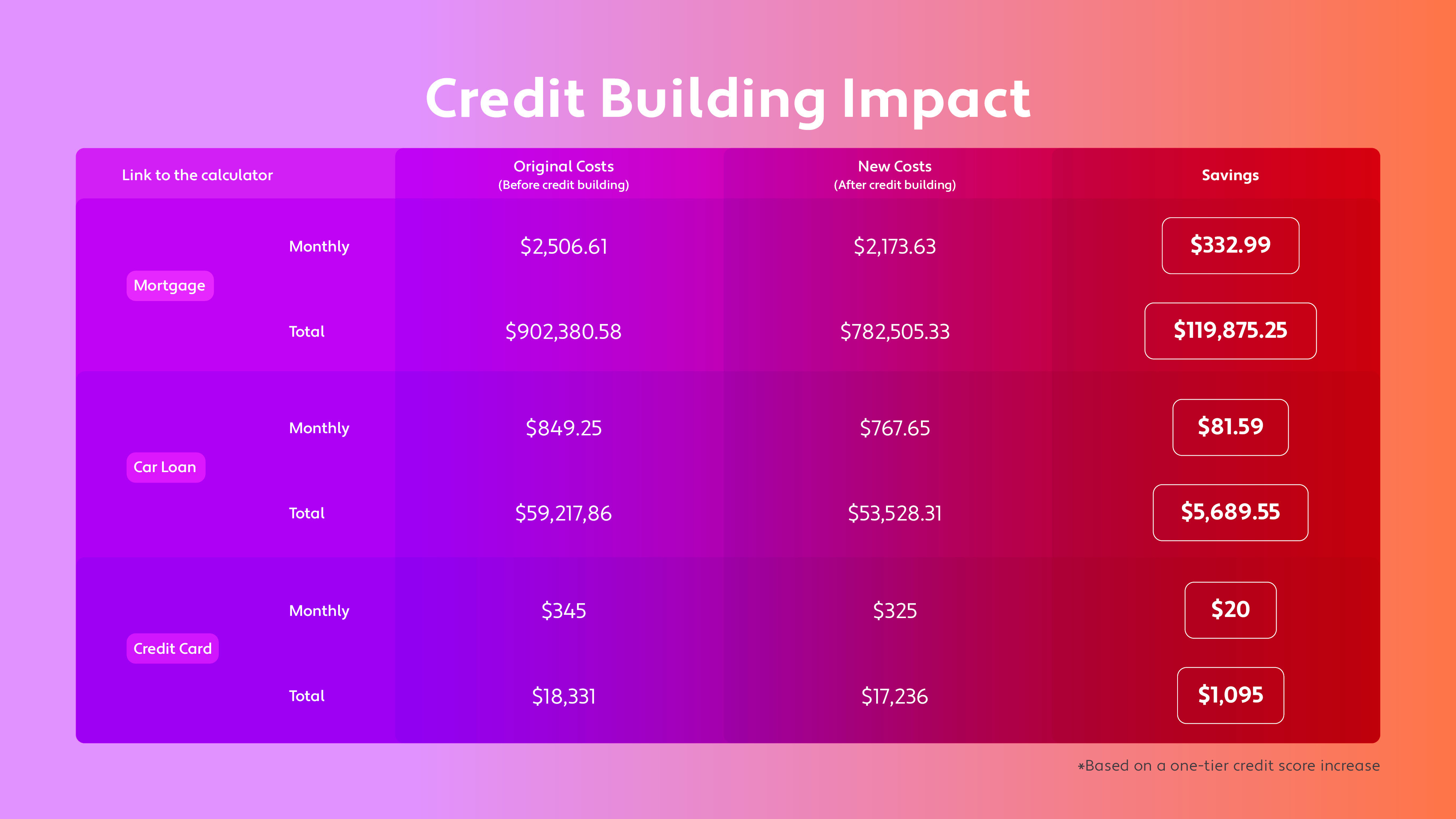
Here are some key trends in credit reporting as part of a resident benefits package:
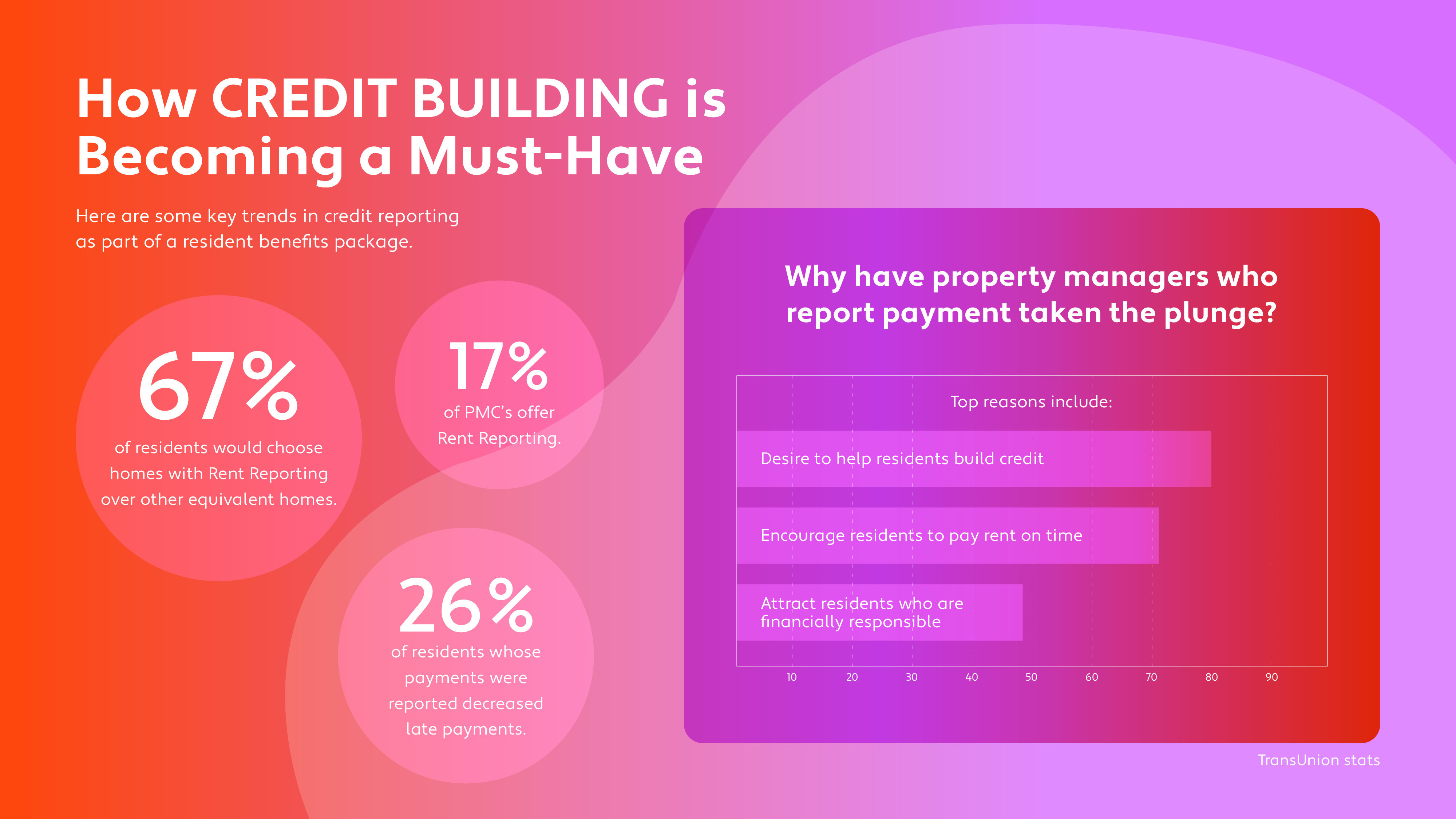
As part of an RBP, property managers can offer price-competitive insurance coverage that applies to all their residents with one basic group rate. You can implement it during lease renewals and with new residents. These programs provide quality coverage for the investor and resident and add no extra hassle to the property manager.
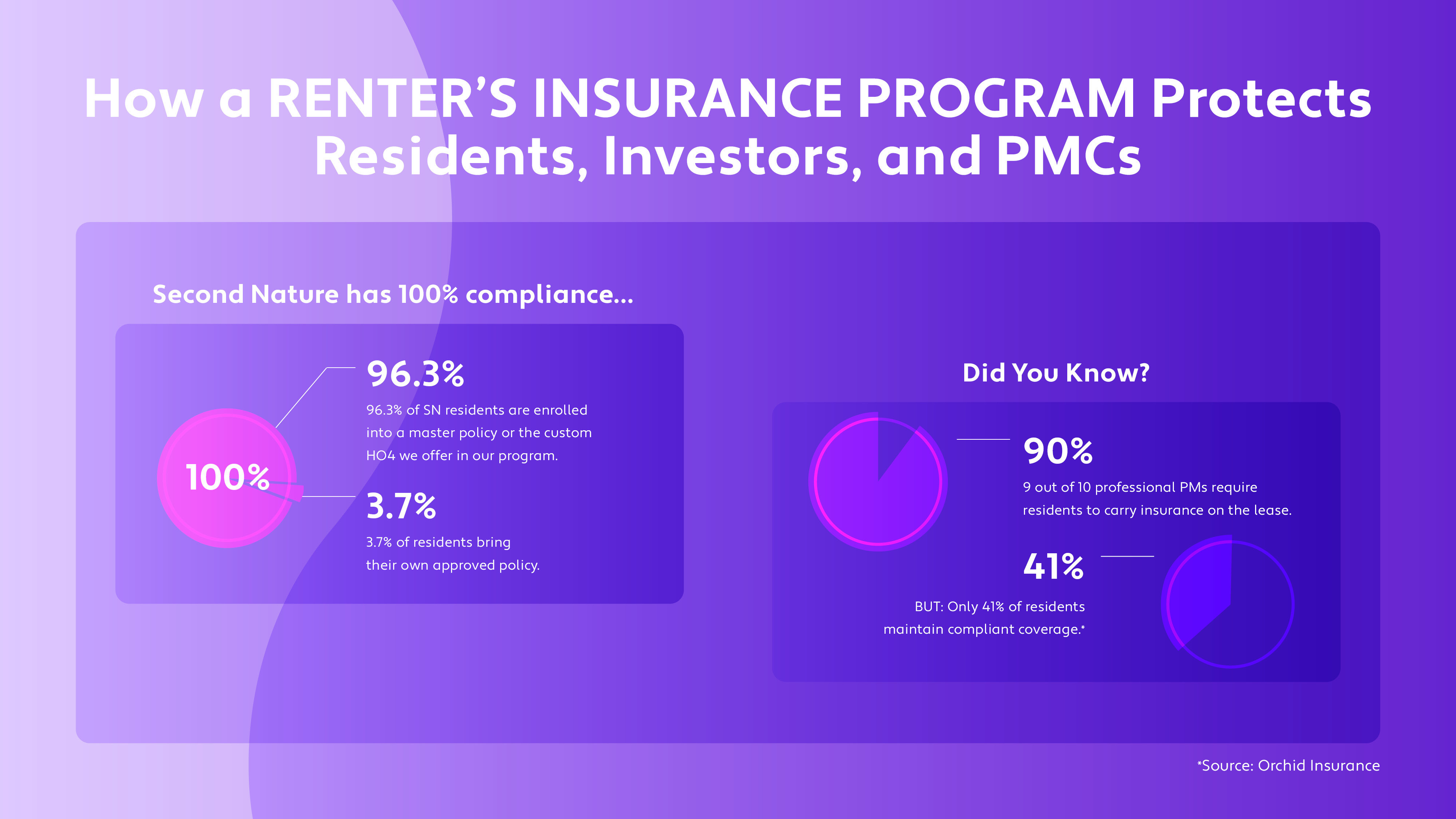
Professional property managers want to be pet friendly and are offering guarantees that allow residents choice and investors protection. But many policies offered to property managers don’t include dog bite coverage. And those that do usually have breed restrictions. In fact, dog bite was over 1/3 of all of State Farm’s losses in a recent study, and the risks of limited coverage are increasing.
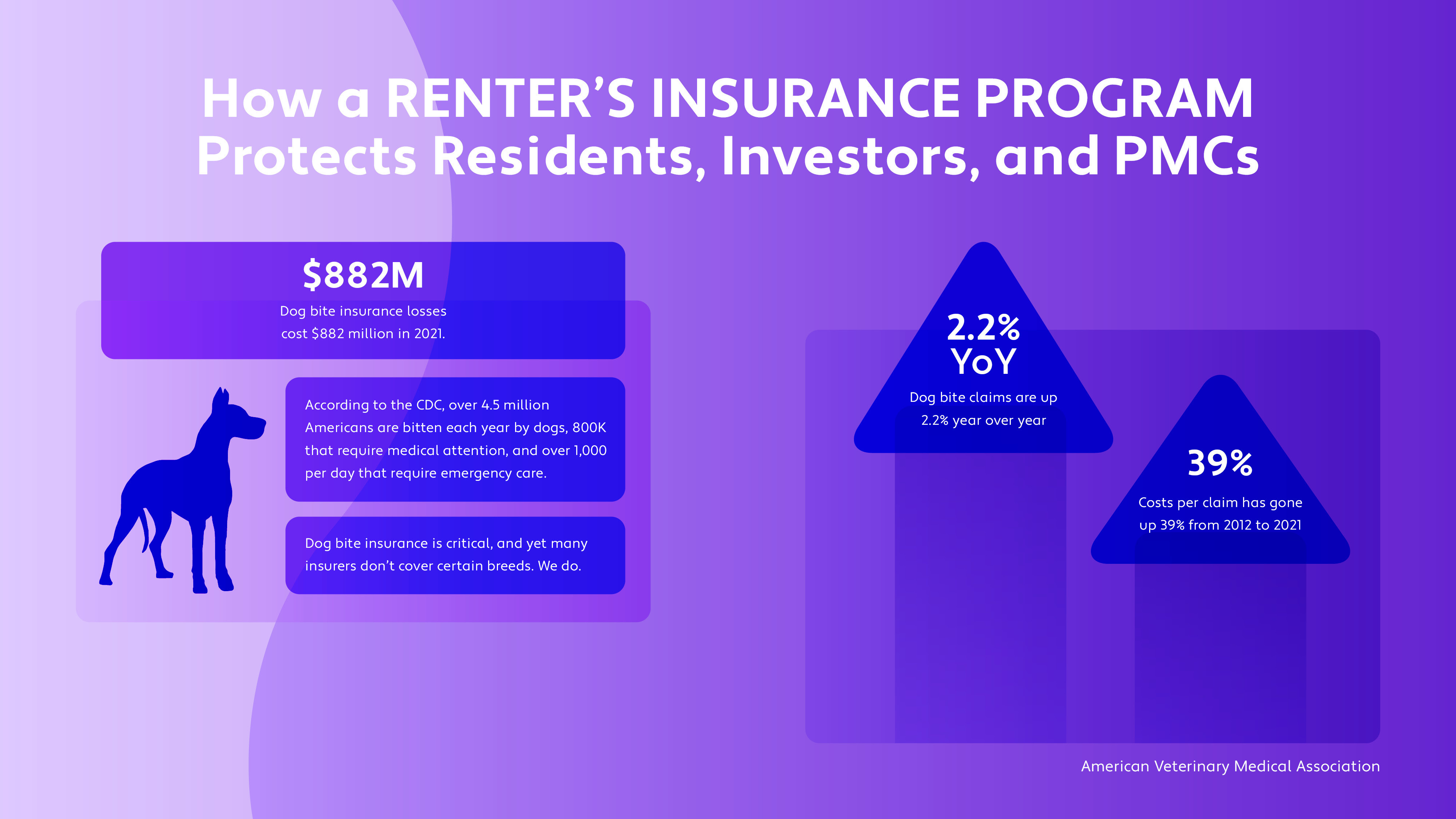
Rewards are a powerful way to incentivize on-time rent payments, as well. You can build the cost into your resident’s monthly payments so that you and the resident only see benefits. You and the investor get an increase in on-time payments, and for the resident, rent day is now rewards day.
While multifamily professionals might create a community app or community events on-site, single-family PMs can focus on gifts and value adds.
Gifts can include things like:
Setting up utilities can be a massive headache for a new resident. Residents aren’t sure who to call and who provides utilities and home services like Internet and TV for their new address. More, the research for discounts/promotions/coupons available takes more time. Most times, the process is clunky, with friction that gets in the way of it getting 100% done. And it is too easy to overlook fine print in the lease about installing satellite dishes.
Move-in Concierge changes all of that for professional property managers. In one phone call, residents find out what their best options are and can even get help simplifying setup. An experienced concierge confidently guides multiple people every day to properly set up their utilities.
In the “experience economy,” the companies that architect the best experiences will become the market leaders.
The shift from transactional services to transformational experiences is one of the surest bets on the table. The big winners will be the players who embrace the new discipline of experience design.
We believe the future belongs to the professionals, the trusted, the innovative – the people dedicated to changing the way people live forever.
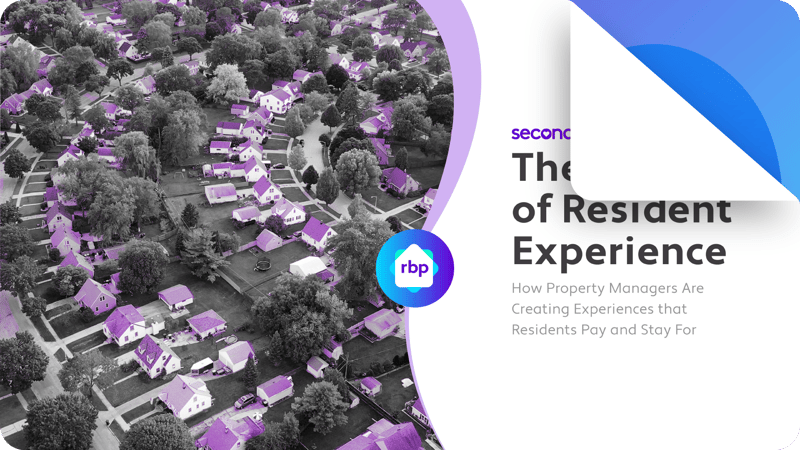
In today’s “experience economy,” residents and consumers alike are looking for experiences that make them feel taken care of, that bring more ease into their lives, and that set businesses apart.
This report is your deep dive into the world of resident experiences.
In this report, you’ll learn:
RBP by Second Nature empowers property managers through the world’s only fully managed Resident Benefits Package – a custom suite of benefits that elevates the resident experience while adding profit to your bottom line. Transforming the property management space, Second Nature develops innovative programs that deliver delighted residents, satisfied investors, and empowered property managers: the Triple Win. Second Nature is headquartered in Raleigh, North Carolina.
Don't have a fully managed RBP yet?
Get matched with an expert to get a profit map of exactly how much you would make.